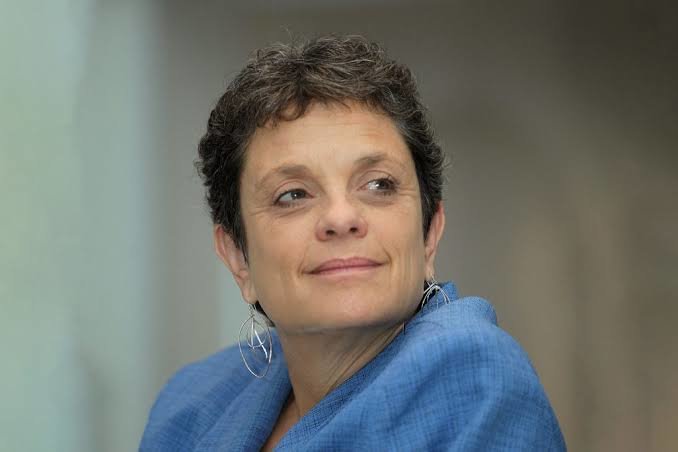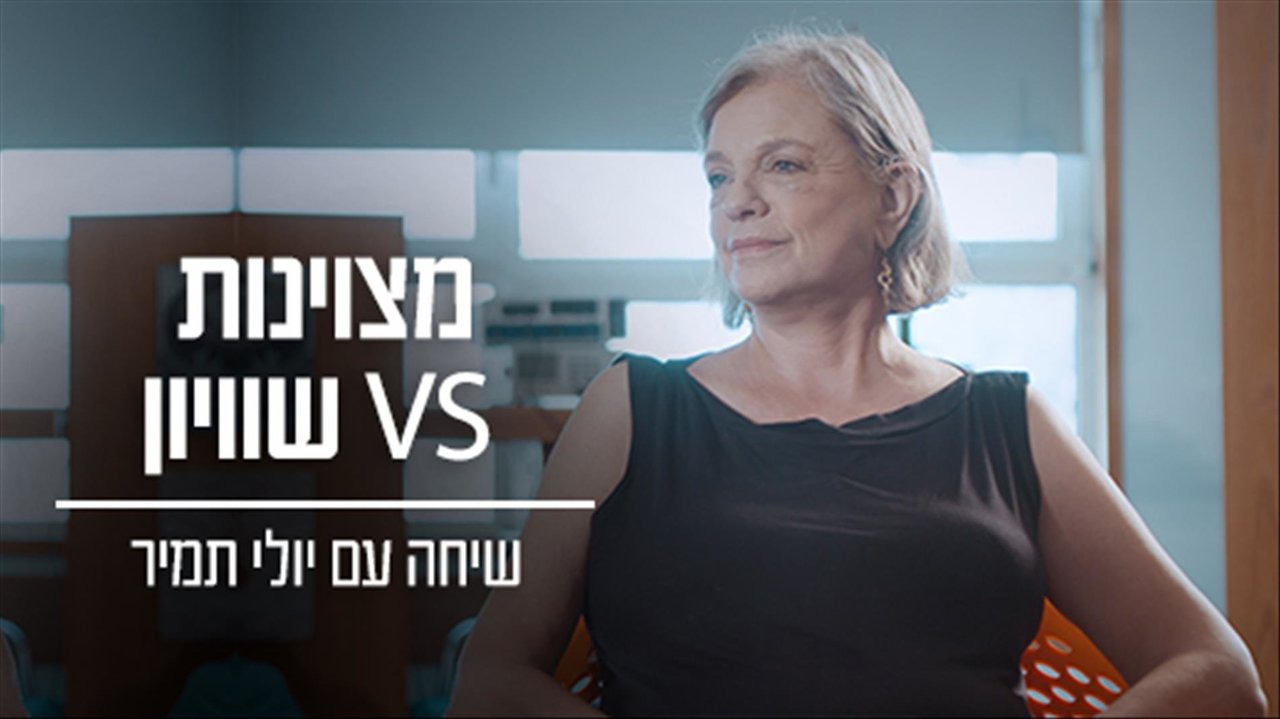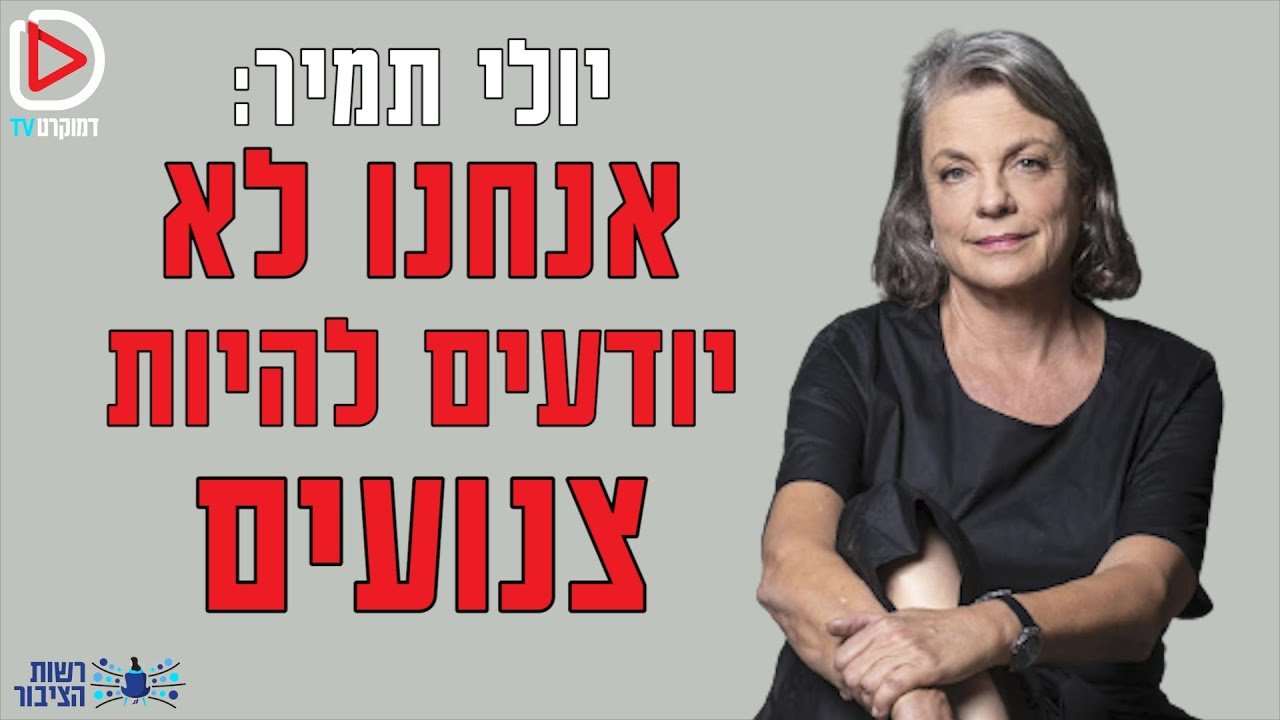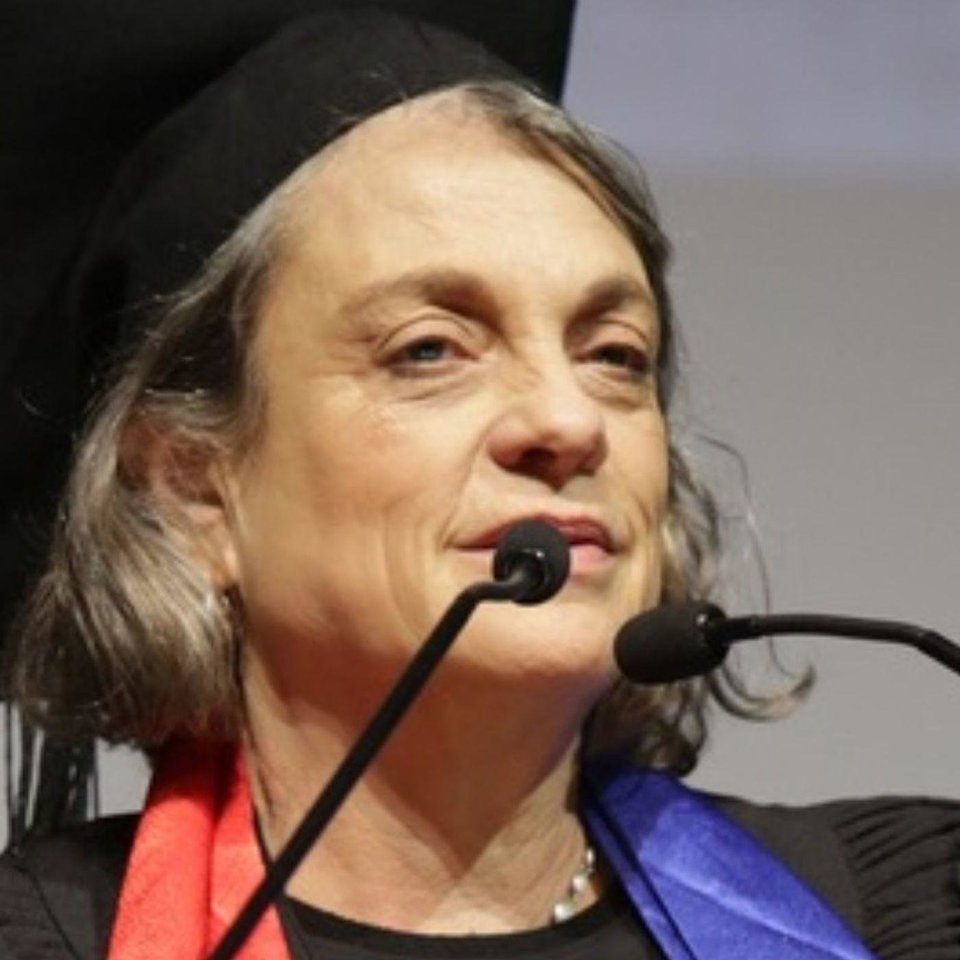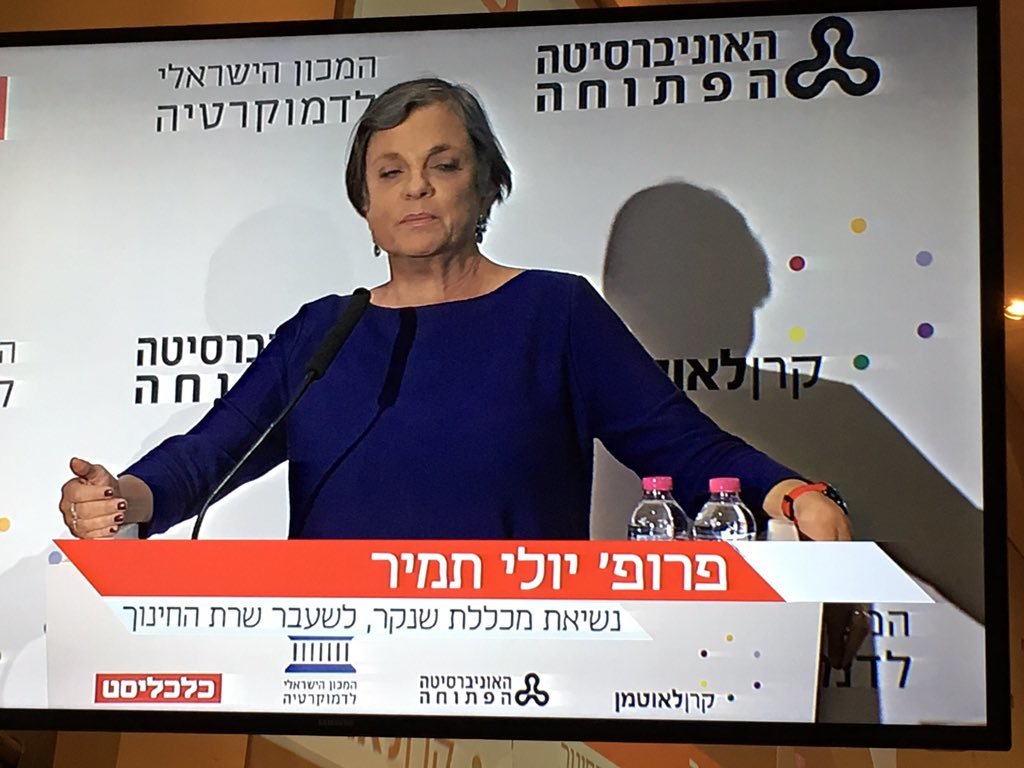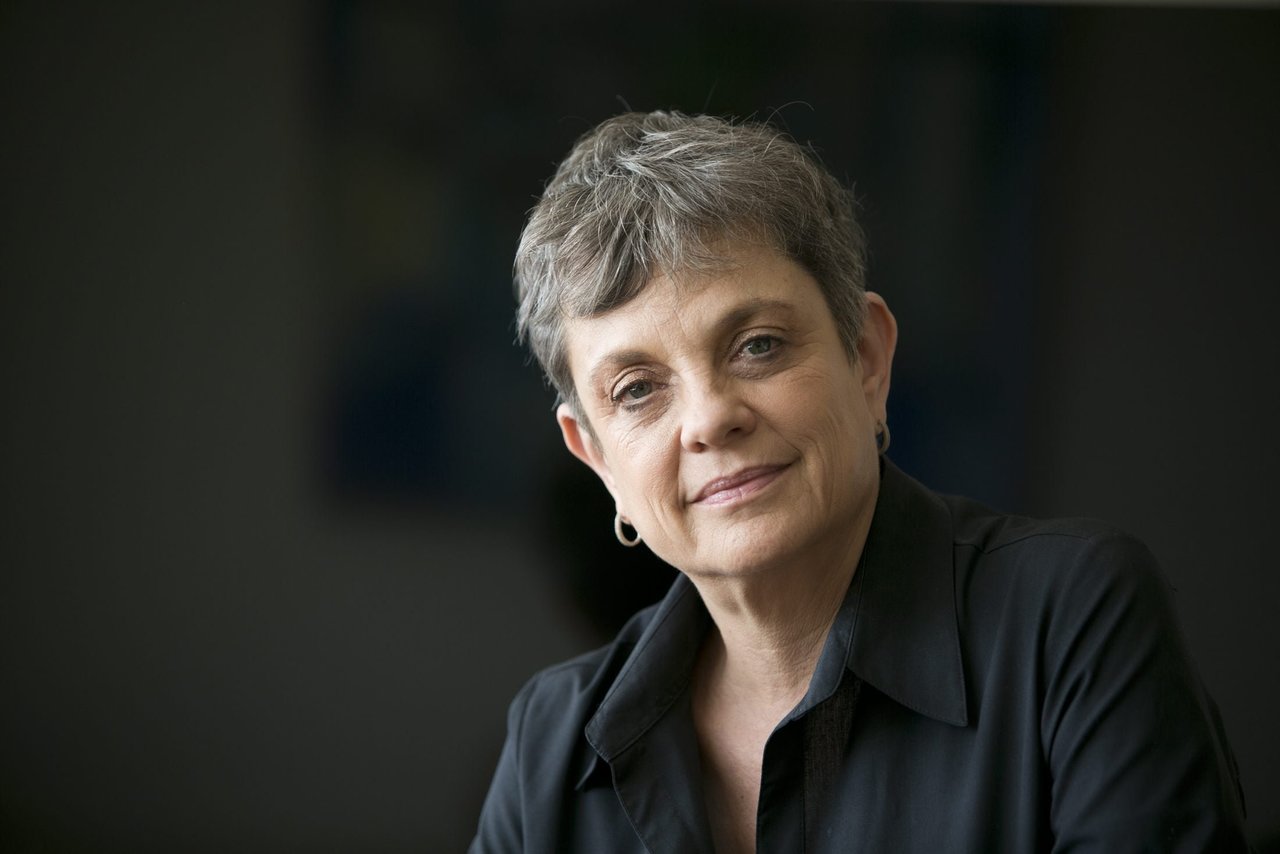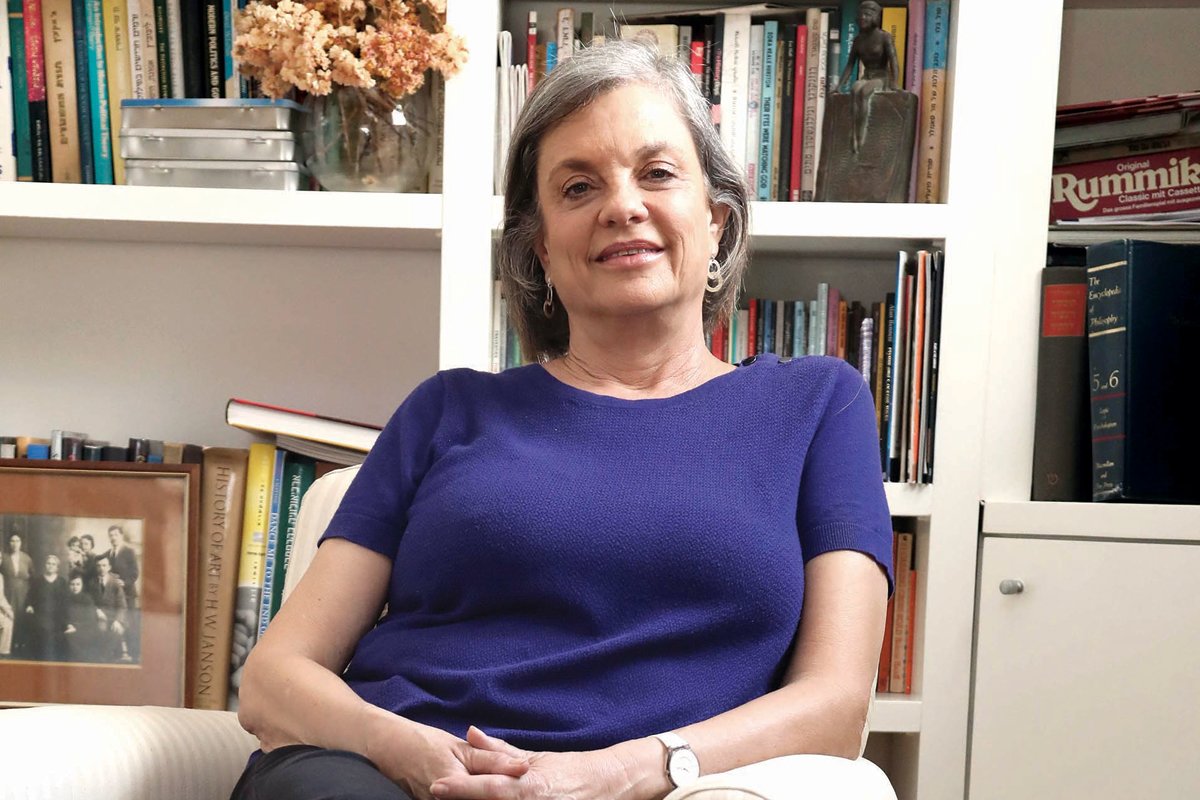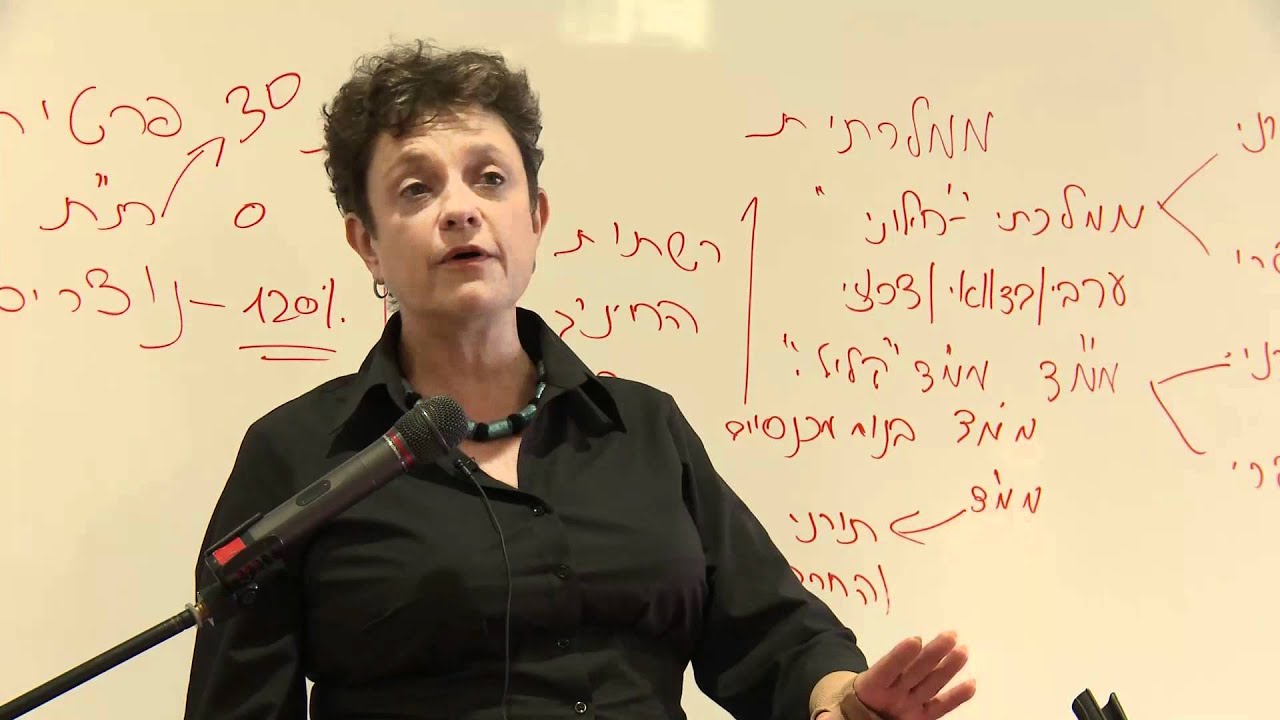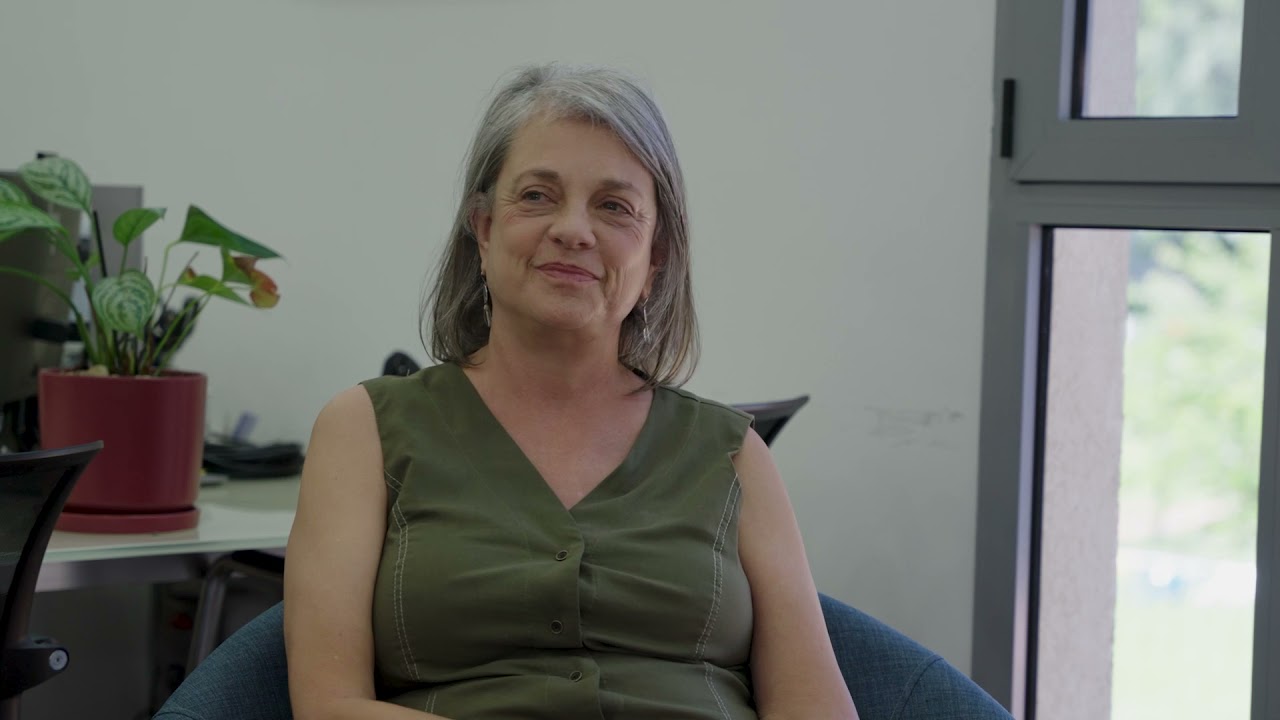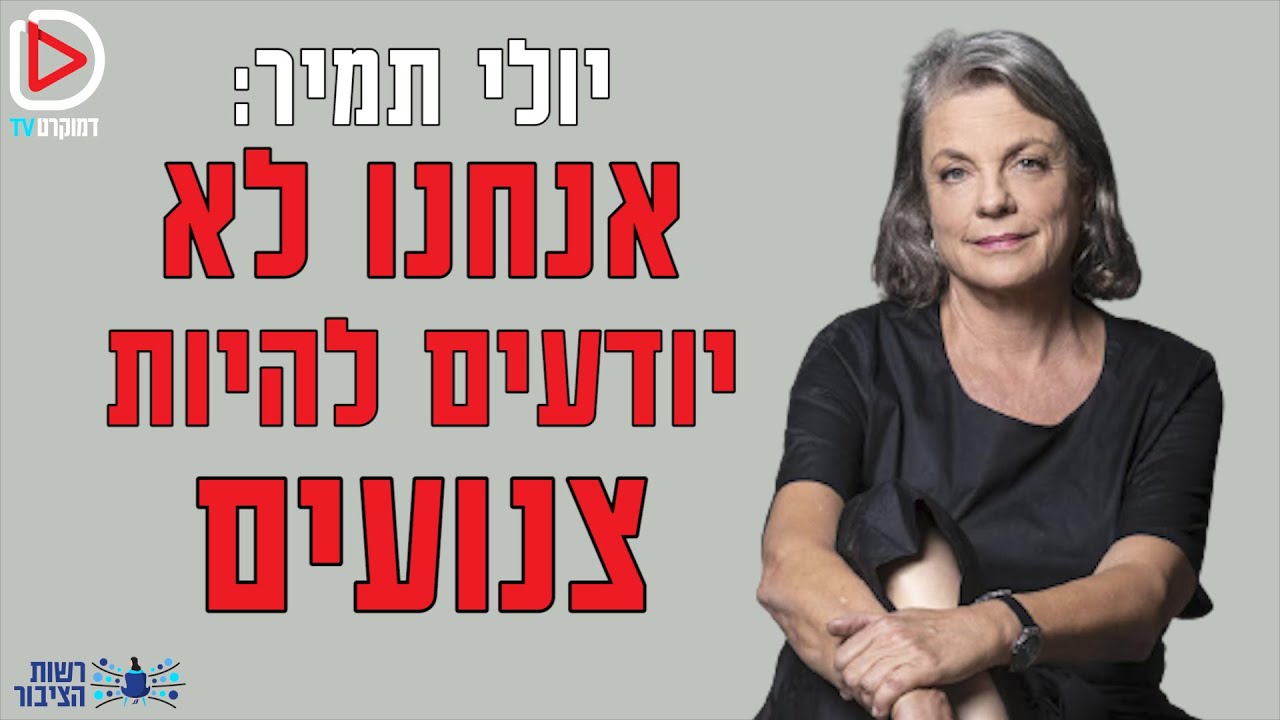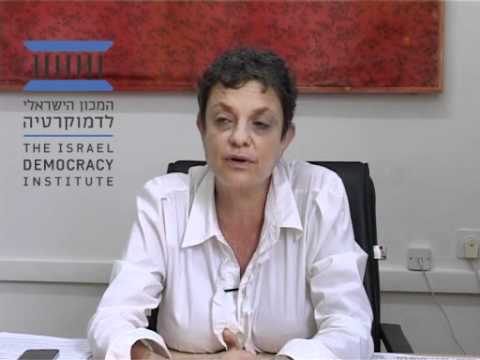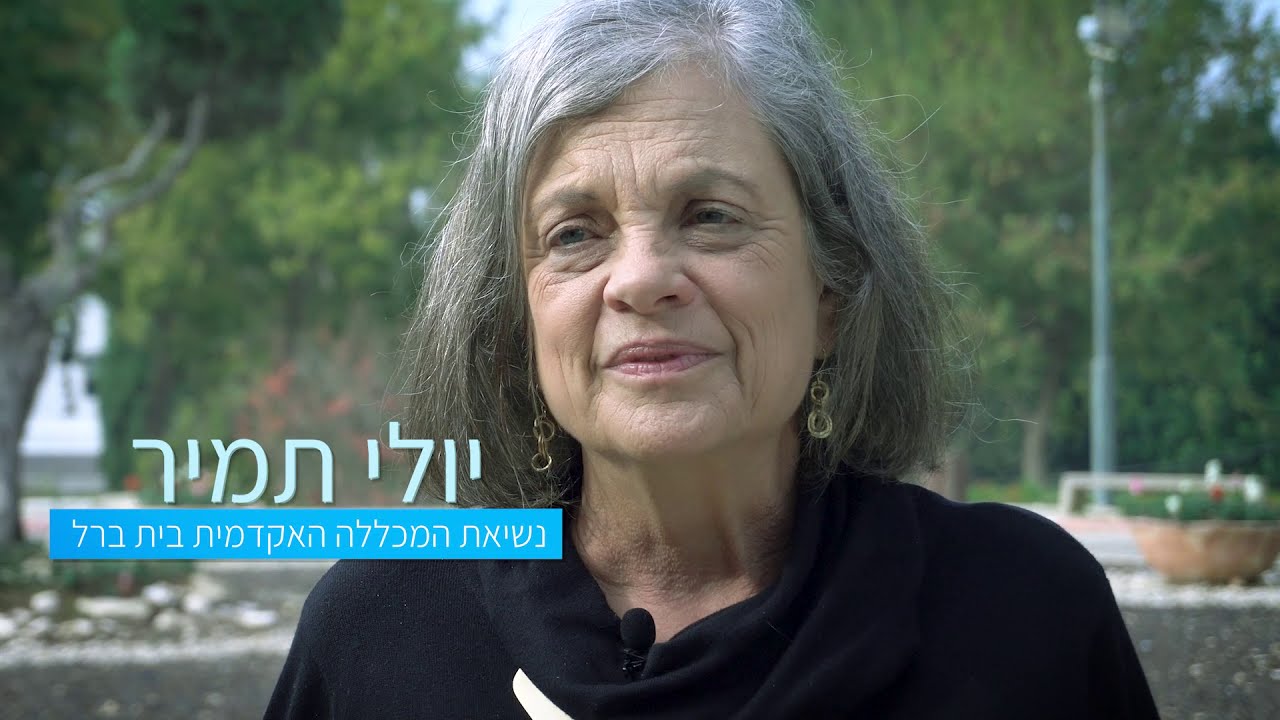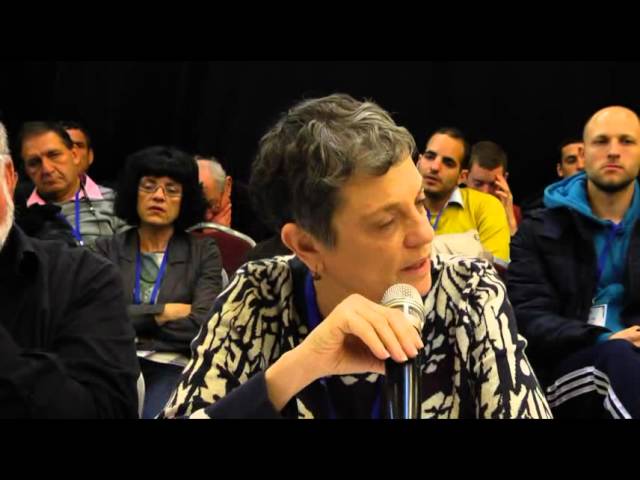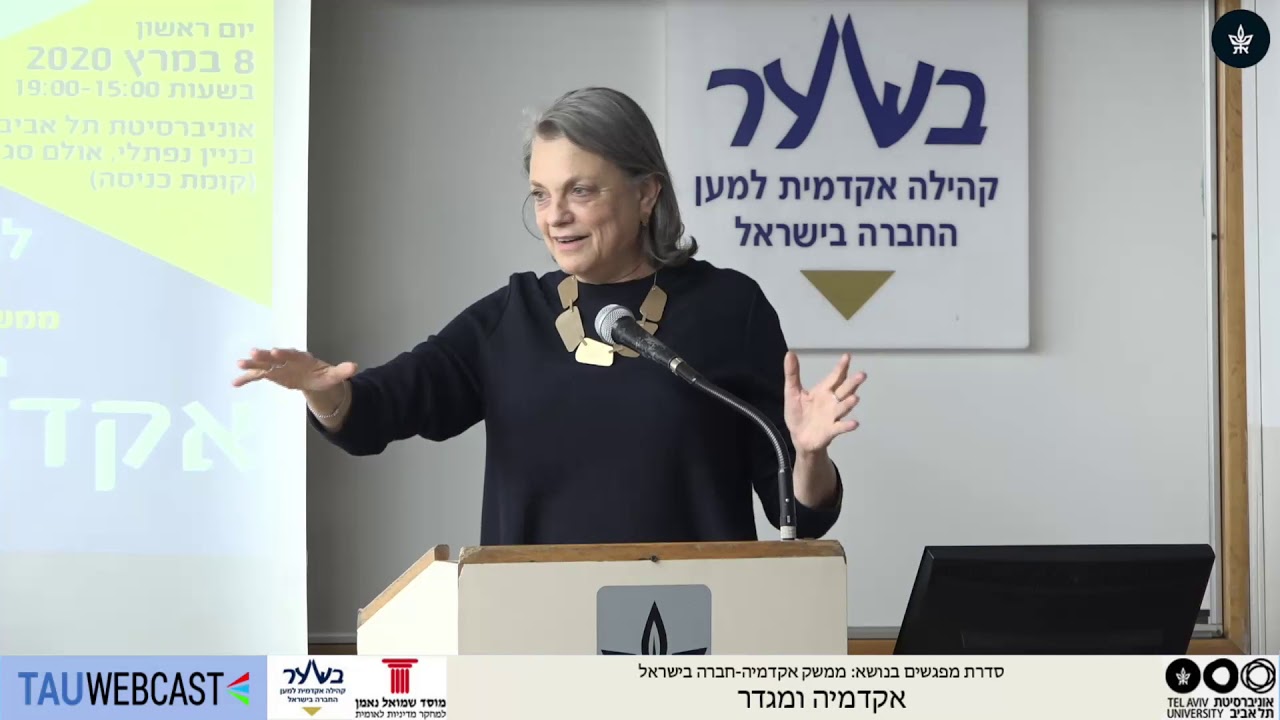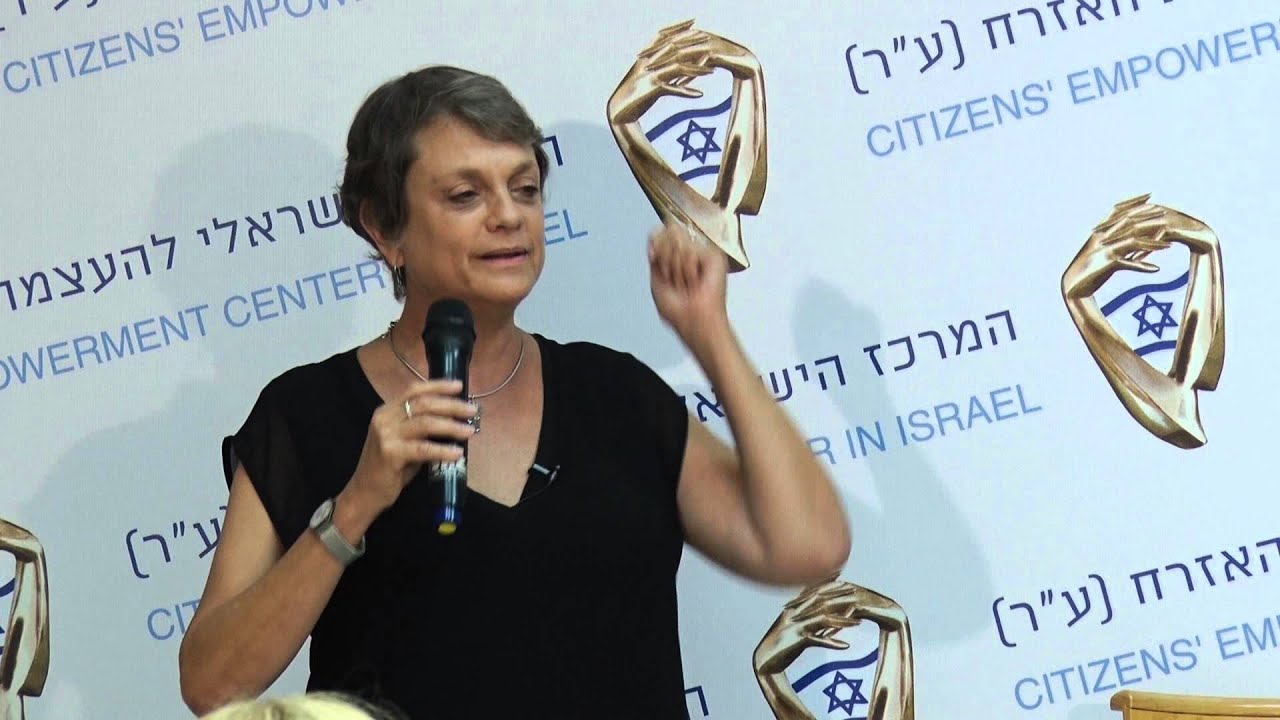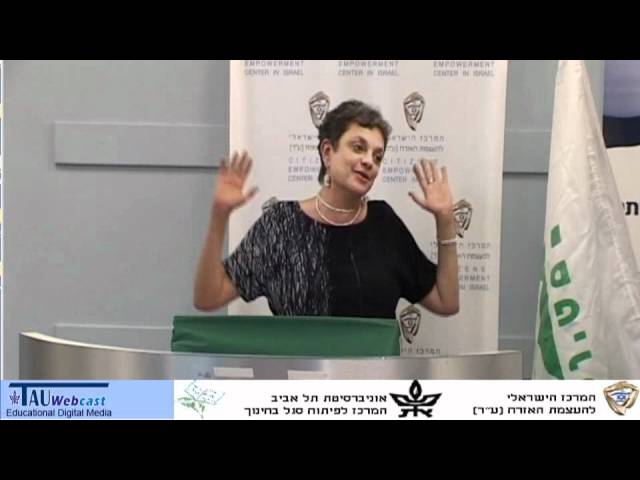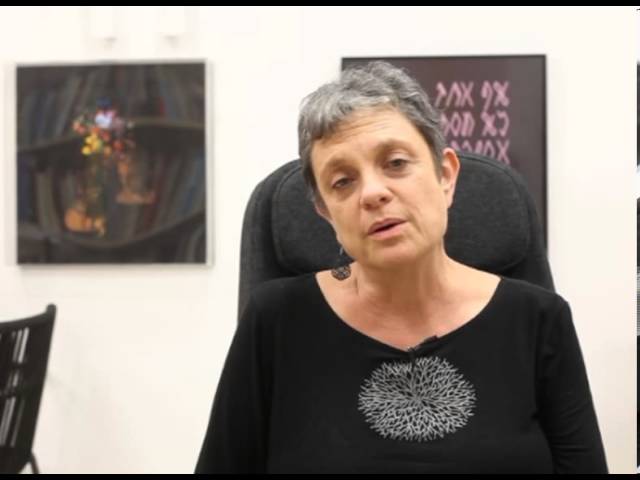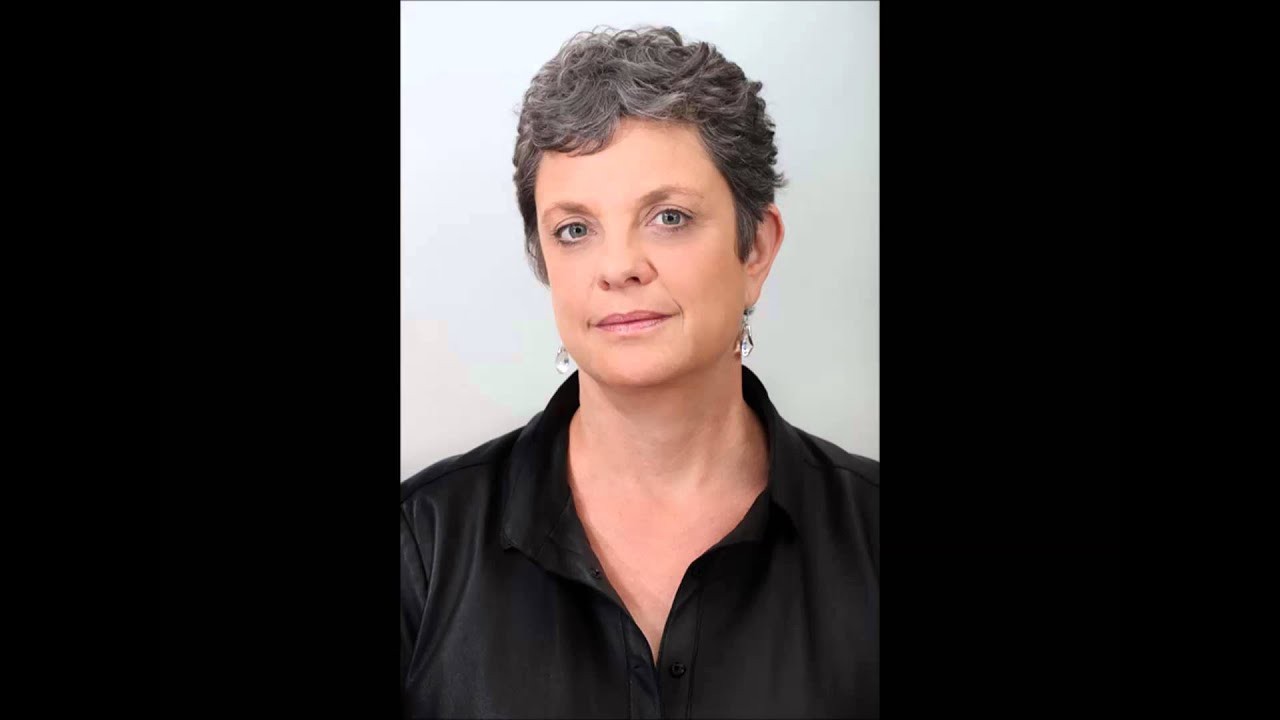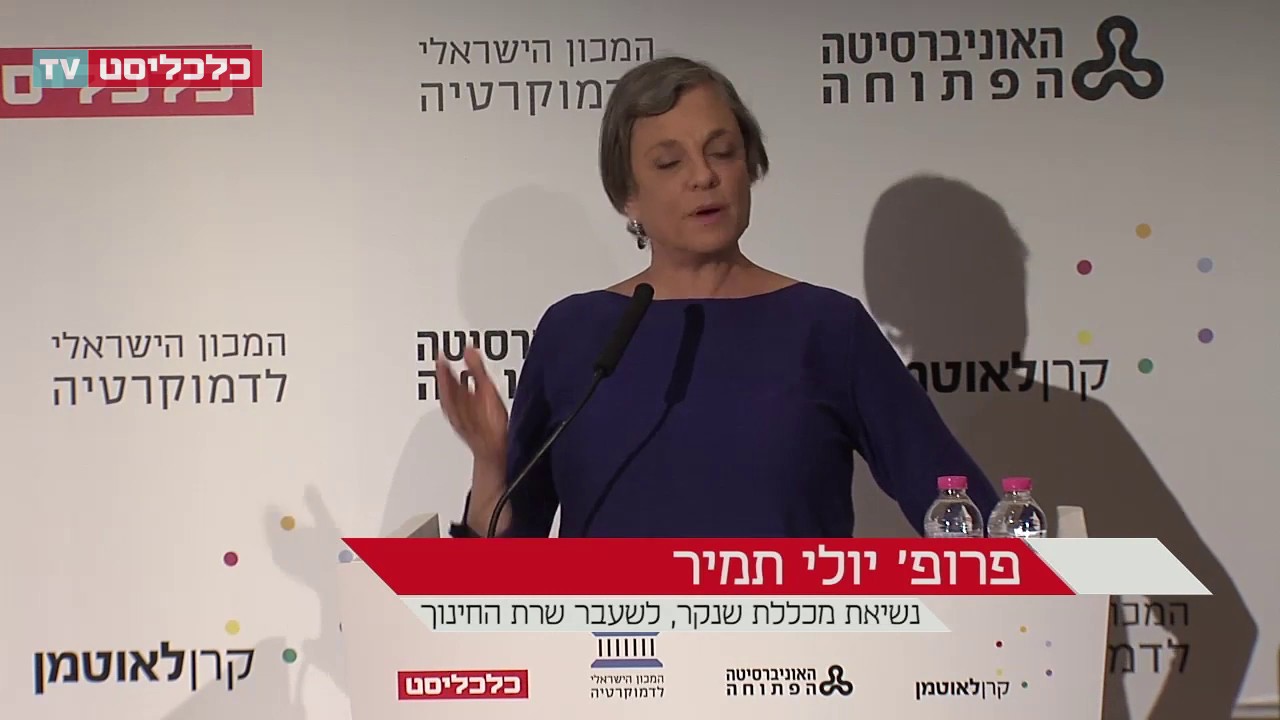מורשת גדולי האומה
בזכותם קיים
beta
Yuli Tamir: A Profile in Education and Politics
Yuli (Yael) Tamir, born on February 26, 1954, is a distinguished philosopher, academic, and former Israeli politician. Her life has been marked by a commitment to education, a passion for philosophy, and a deep involvement in Israeli politics. This documentary-style profile provides an in-depth look at the life and career of Yuli Tamir.
Early Life and Education
Yuli Tamir was born in Tel Aviv as Yael Tamir, the daughter of Yehuda Tamir and Ada Borodowski. Her family's history is intertwined with tragedy, as her grandmother, Chava Borodowski, was the sole survivor of a car accident in which Yuli's uncle, Dov Hoz, his wife, daughter, and son-in-law tragically perished. Yuli attended the Alliance High School in Ramat Aviv.
From 1972 to 1974, Yuli served in the Israeli Defense Forces (IDF) in Unit 848 of the Intelligence Corps. During the Yom Kippur War, she served as an officer in the Sinai Peninsula, eventually earning the rank of lieutenant.
In 1978, Yuli completed her undergraduate studies in biology, and in 1985, she obtained a second degree in political science, both from the Hebrew University of Jerusalem. In 1989, she earned her Doctorate in Political Philosophy from the University of Oxford in England, under the supervision of renowned scholar Isaiah Berlin. Her doctoral thesis examined the intersection of nationalism and liberalism.
Academic and Philosophical Contributions
Following her academic journey, Yuli Tamir became a respected figure in the world of philosophy. From 1989 to 1999, she taught at Tel Aviv University's Philosophy Department and was a research fellow at the Hartman Institute in Jerusalem. She also held affiliations with Princeton and Harvard Universities.
Yuli Tamir played a pivotal role in founding the "Peace Now" movement in 1978, a movement advocating for peace and an end to the Israeli-Palestinian conflict. Additionally, from 1980 to 1985, she was actively involved in the Ratz Party, and from 1998 to 1999, she served as the chairwoman of the Association for Civil Rights in Israel. From 1995 to 2009, she was involved with the Labor Party.
Political Career
In the 1999 Israeli elections, Yuli Tamir was appointed by Prime Minister Ehud Barak to serve as Minister of Immigration Absorption, a position she held until the dissolution of the government in 2001.
Tamir returned to politics in 2003 when she was elected to the 16th Knesset (Israeli Parliament). During her tenure, she was a member of various Knesset committees, including the Finance Committee, the Constitution, Law, and Justice Committee, the Education, Culture, and Sports Committee, and the Committee on Public Petitions. Tamir, along with fellow Knesset member Etai Lapid, proposed legislation to promote "adequate representation of women in shaping national policy," which aimed to amend Israel's laws on women's rights.
She also introduced a bill in the Knesset to repeal a section of the Penal Code that classified advocating for the transfer of territories to another state as treason. This bill, however, did not pass.
In the 17th Knesset elections, Yuli Tamir led the Labor Party's public relations efforts, focusing on education policy, and was the party's candidate for the position of Minister of Education. The central theme of the party's campaign was criticism of the economic policies of Finance Minister Benjamin Netanyahu in various contexts.
Tenure as Minister of Education
On May 4, 2006, Yuli Tamir was sworn in as the Minister of Education, Culture, and Sports in Ehud Olmert's government. However, as per the coalition agreement, the responsibilities for culture and sports were transferred to the Ministry of Science, leaving Tamir with the role of Minister of Education alone. Later, in November 2006, she was appointed Acting Minister of Science, Culture, and Sports in place of Ophir Pines-Paz, who resigned due to the inclusion of Avigdor Lieberman in the government. She held this position until Raleb Majadle's appointment as Minister.
During her tenure, the education budget increased significantly, surpassing five billion shekels. This increase was primarily attributed to long-term educational programs such as "New Horizon," class splitting, school renovation budgets, and the integration of computer technology in schools.
One of her most significant achievements was the initiation of a reform called "New Horizon," a comprehensive reform in Israeli education that spanned over a decade. The reform aimed to improve children's education, particularly in elementary and middle schools. In March 2008, an agreement was reached between the Teachers' Union and the government to begin implementing the program. However, Tamir did not secure full agreement with the Teachers' Union, and some teachers opposed the program, arguing that it compromised their working conditions. Subsequent reports suggested that the reform was not universally popular among educators, and only Jewish students felt its positive effects.
In September 2007, Yuli Tamir established a public committee to examine the policy for educating students with special needs, headed by Judge Dalia Dorner. The committee was formed to address the issue of fairness, ensuring that disabled children whose parents could not afford private education would not be left behind. The committee also aimed to eliminate the practice of combining students with special needs into regular classes, instead promoting their integration into specialized education. During her tenure, Tamir reduced the support system for students with special needs who were integrated into regular education, arguing that the focus should be on encouraging independence in students with special needs.
Education Policy and Controversies
Yuli Tamir advocated for strengthening the public education system and favored it over private education. She initiated a policy that extended school hours only in public schools, and the Ministry of Education, under her leadership, issued licenses for new private schools more cautiously. Tamir was particularly critical of ultra-Orthodox and Arab private schools, as well as secular private schools.
She also opposed the teaching of core subjects in ultra-Orthodox schools. Her attempts to enforce these changes led to legal battles and tensions between the government and the ultra-Orthodox community. In response to a petition to the Supreme Court aiming to force ultra-Orthodox schools to teach core subjects, a Knesset bill known as the "Haredi Education Law" was passed, exempting ultra-Orthodox institutions from these requirements.
Yuli Tamir's tenure as Minister of Education was marked by both accomplishments and controversies. Her vision for reforming the education system and commitment to improving the quality of education in Israel left a lasting impact on the country's educational landscape. However, her policies also stirred debate and opposition, particularly in relation to the treatment of students with special needs and the integration of core subjects in ultra-Orthodox schools.
As of October 2020, Yuli Tamir has assumed the role of President of the Beit Berl Academic College, continuing her dedication to the field of education. Her multifaceted career reflects a deep commitment to philosophy, education, and the betterment of Israeli society.
- יולי תמיר – ויקיפדיהhe.m.wikipedia.org

